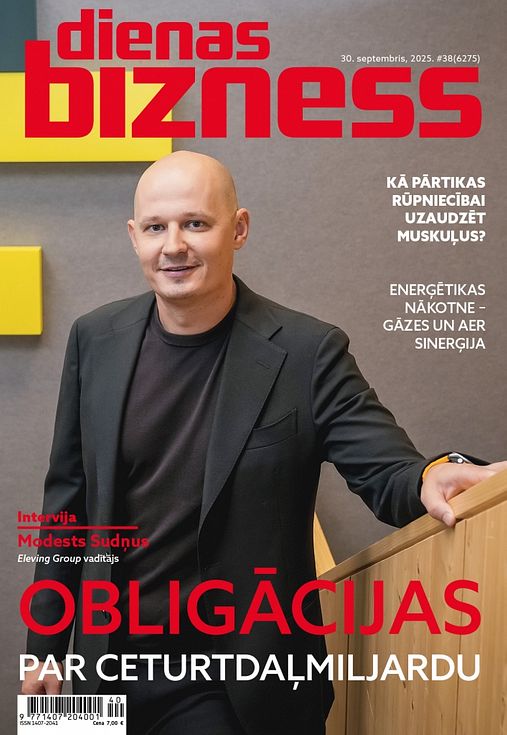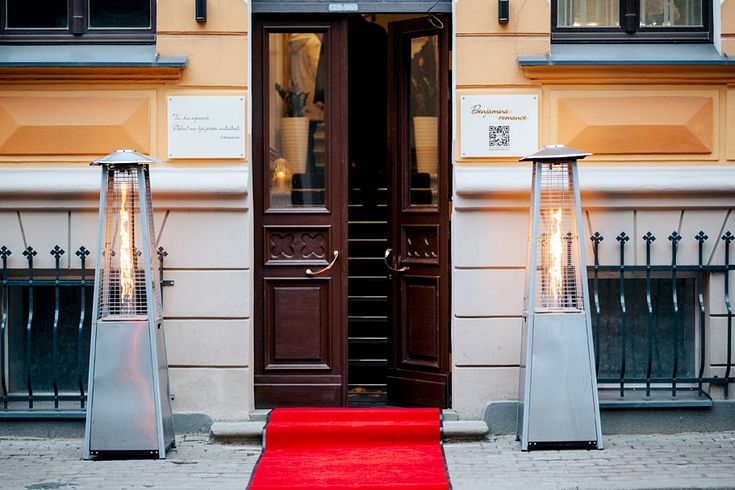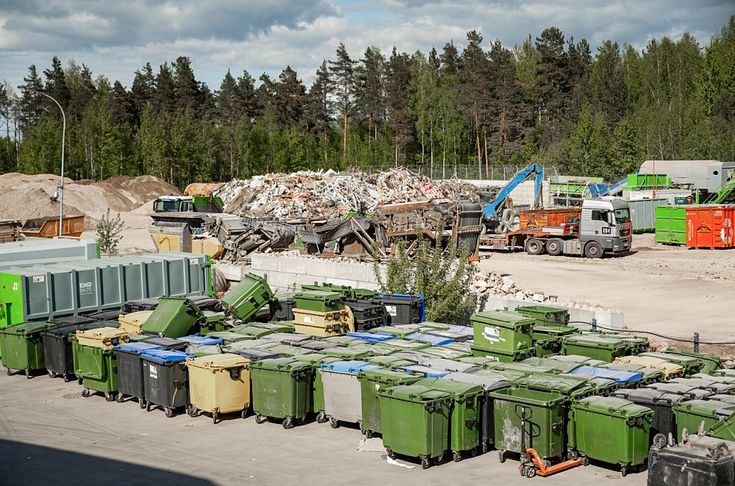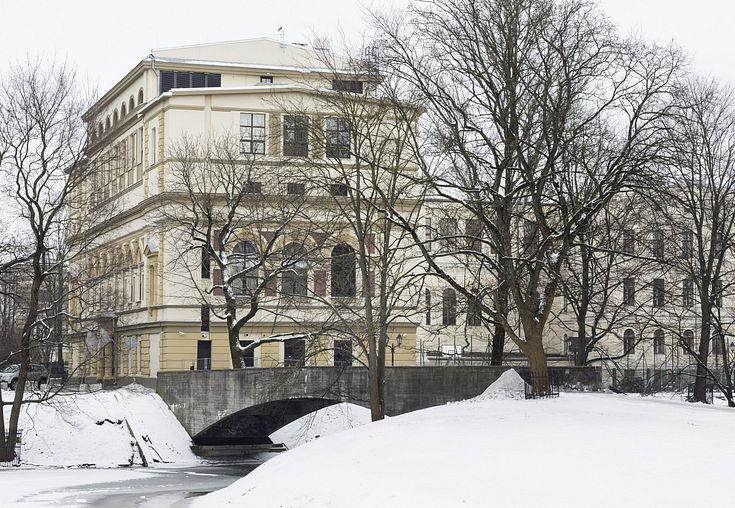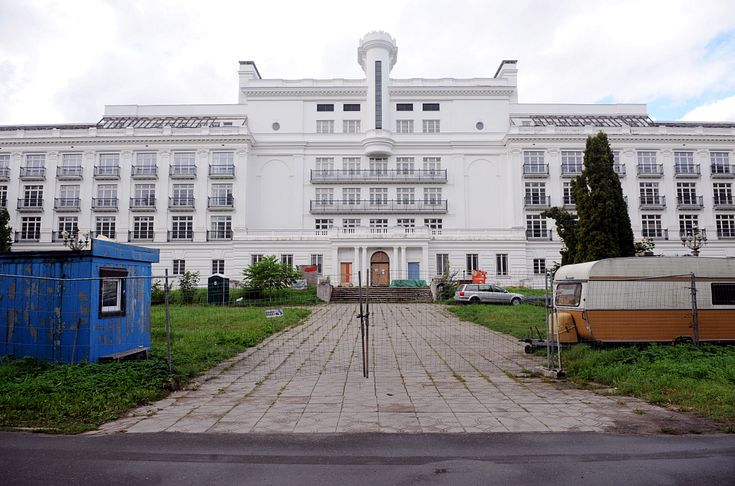Scott Hann, a well-known writer on religious issues, described how he improved his relationship with his wife just turning on the romance, what simply means enjoying better the time spent together, bringing frequently flowers and renewing the honey-moon kind of love that time uses to erode.
Latvia is undergoing difficult times and even the most optimists of the analysts foresee that the worst has not come yet. There is a lot of talk all around about the causes of the crisis, the description of its features, the way how was managed till now and the tsunami that sooner or later is going to come. Nevertheless this is not time for problem seeking; this is time for seeking solutions, for encouraging creativity and ultimately for fostering creativity.
Let’s make simple the point making a parallel with a tennis match, my favorite sport by the way.
Any tennis player knows that to win a match the task is at the time simple and challenging (please, be attentive that I am intentionally not using the word complex):
a) A tennis match is like an onion, it has different layers and you have to take one by one till you get the core. You don’t win a match till you go through all the games; you have to win most of them. It really doesn’t matter if you get the first set and you are 6-5 in the second, you can loose it in the tie break and bid farewell in the third.
b) If you are loosing the match the worse thing you can do is testing a new strategy or changing your habits. Any player knows that he just should go back to basics; it means just to be care that the ball pass over the net and go inside the court at any single shot reducing unforced errors.
c) Any player knows that besides the tennis battle you have the psychological battle that is even more important: in average the ball is running only 30% of the match’s time, it means that 70% of the time the focus is to keep the mind in place.
These rules, you have to go through all the games / you should go back to basics / you have to win the psychological battle, apply in tennis and economy alike. What does it mean for Latvia?
Go through all the games: nobody could pretend to win this game of the crisis just with a couple of winning shots like the tax increases and salaries cut. In addition these changes could imply serious consequences on the society impacting on its acquisition power and even increasing social problems. Alongside with a serious approach on the supervision of the financial system the government should move very fast in stimulating and backing the different sectors of the economy one-by-one and their players. The Latvian government might be committing a serious miscalculation if it misunderstands the whole picture of the Latvian economic problems, reducing them only to the weaknesses of the financial and monetary system. I am not aware of the background of the decision regarding the current fiscal measures. However something on this decision (or the way it has been communicated!) is missing. When the shadows of a strong recession appear on the horizon I would think more than twice before moving forward to such a regressive policy. Just take a quick look on those countries which much more experience on crisis: United States and Argentina. Where are Obama and Kitchner really focusing? Just they are trying to keep the wheel turning over and they are doing that with very active and expansive fiscal policy.
Go back to basics: what does Latvia produce that even in times of crisis the world will buy? Latvia has a particular handicap for tackling this crisis: it is a relatively small economy with very few determinant players. Would not be more productive to focus in a re-optimization of public resources rather than just cutting down costs (although also necessary)? Restructuration does not mean only reduction of the structure and the fiscal deficit does not depend only on the expenses side. Sometimes the discussion on economic issues could become a bit messy especially in times of crises because financial and monetary subjects are difficult and few people really know what all is about (including economists…) The consequence is that we might be focusing on the wrong target. I still remember when the US Sub-secretary of the Treasury visited Argentina while the crisis of 2001 was approaching. Meanwhile in the public opinion everybody was discussing about just devaluation, he made a very simple and much more coherent question: “what do you produce that the world wants to buy?” It was like saying: hey, guys you are worrying to much about the value of the peso but you have to worry also how you can get each peso.
You have to win the psychological battle: as in a tennis match, the psychological side of the different players will have a lot to say on the outcome of this crisis. The government should be extremely efficient in generating the right expectations and it should be managed with a more active and appropriate dealing with the press. Again back to Obama: his team is generating expectations and hopes dealing with the press very actively and wisely. We cannot forget that most of investment and purchase decisions are intuitive and irrational, so expectations have a lot to say on them.
In plain English, of course I am saying that I certainly prefer an expansive fiscal policy. I know that it creates challenges and may be disorders on currency and financial issues, but I don’t think you can just focus on healing the banking system when the real economy is just collapsing. You cannot go much forward when people are going to be forced to quit offices, reduce purchases, stop talking by phone and fueling gasoline on their cars, and thousand etceteras.
Overall, when I suggest to turning on the romance with an expansive fiscal policy I am not only arguing on policy tactics, it’s also a question of attitude and flexibility on those with the serious responsibility of conducting this country on such demanding times.

